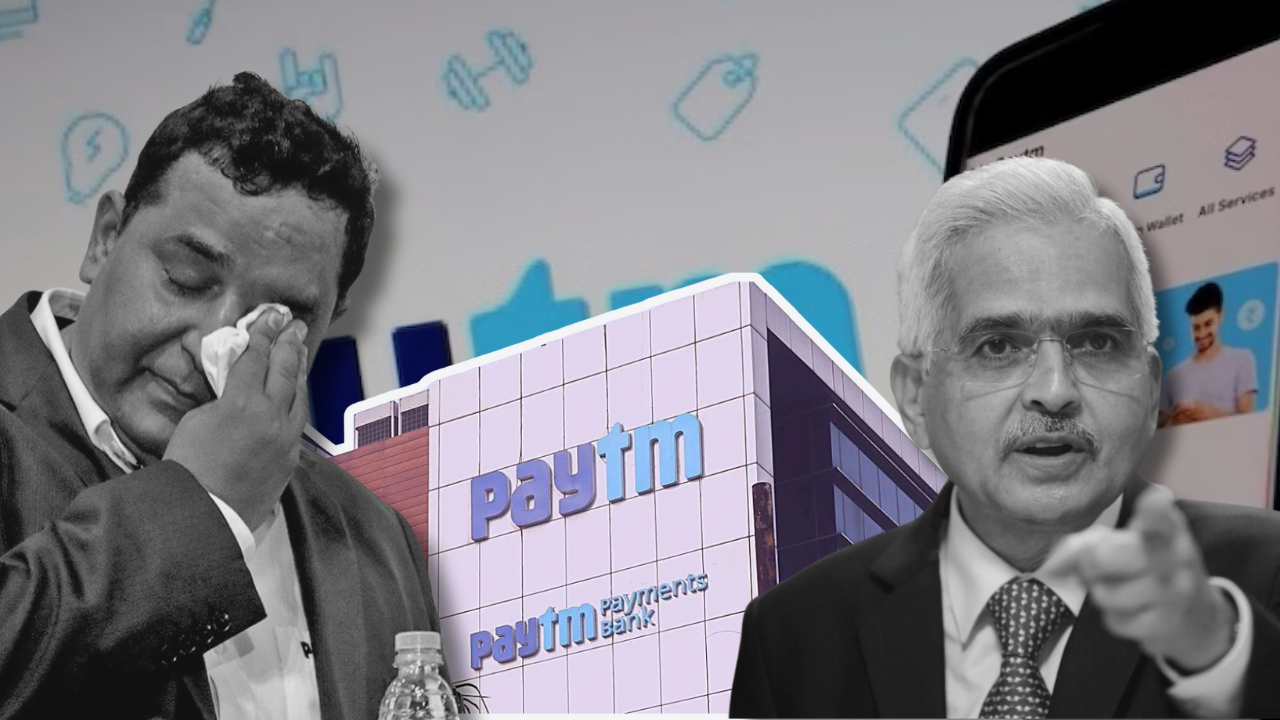Starting February 29, 2024, the RBI has implemented restrictions on new deposits for Paytm Payments Bank. However, withdrawals remain unrestricted. Certain accounts will be terminated, and all transaction settlements will be finalised by March 15, 2024. Following this date, no additional transactions will be permitted.
Effect on the company
The RBI sanctions on Paytm Payments Bank restrict its ability to offer independent loans and limit credit card issuance, potentially leading to a shutdown of banking operations. While UPI payments, constituting 70% of GMV, remain resilient, concerns arise over the impact on higher-margin products like wallets and FasTag. With lending contributing 20% to revenue, Jefferies notes potential risks to earnings and valuations. The company anticipates a worst-case impact of ₹300 to 500 crores on annual EBITDA, with a potential 5-15% drop in EPS.
Effect on the Consumers
Paytm customers can still withdraw and use their available balances without restrictions. However, after February 29, 2024, additional banking services such as fund transfers and UPI facilities won't be available. The bank assures customers that interest, cashback, and refunds may still be credited at any time. This regulatory shift impacts the scope of Paytm's services, limiting certain transactions while maintaining the availability of existing balances and potential returns for customers.
Future Plan
Moving forward, the company plans to collaborate only with other bank partners, distancing itself from Paytm Payments Bank.
Effect on the stock
Paytm stock has witnessed a staggering 40% decline in just 2 days post the RBI press release and is currently in a lower circuit, prohibiting any trading on the stock.
Stay tuned for further updates on this evolving situation.
DISCLAIMER: This blog is solely for educational purposes and not to offer any investment advice. Please do your own research or consult a financial advisor before making any investment decisions.



Comments